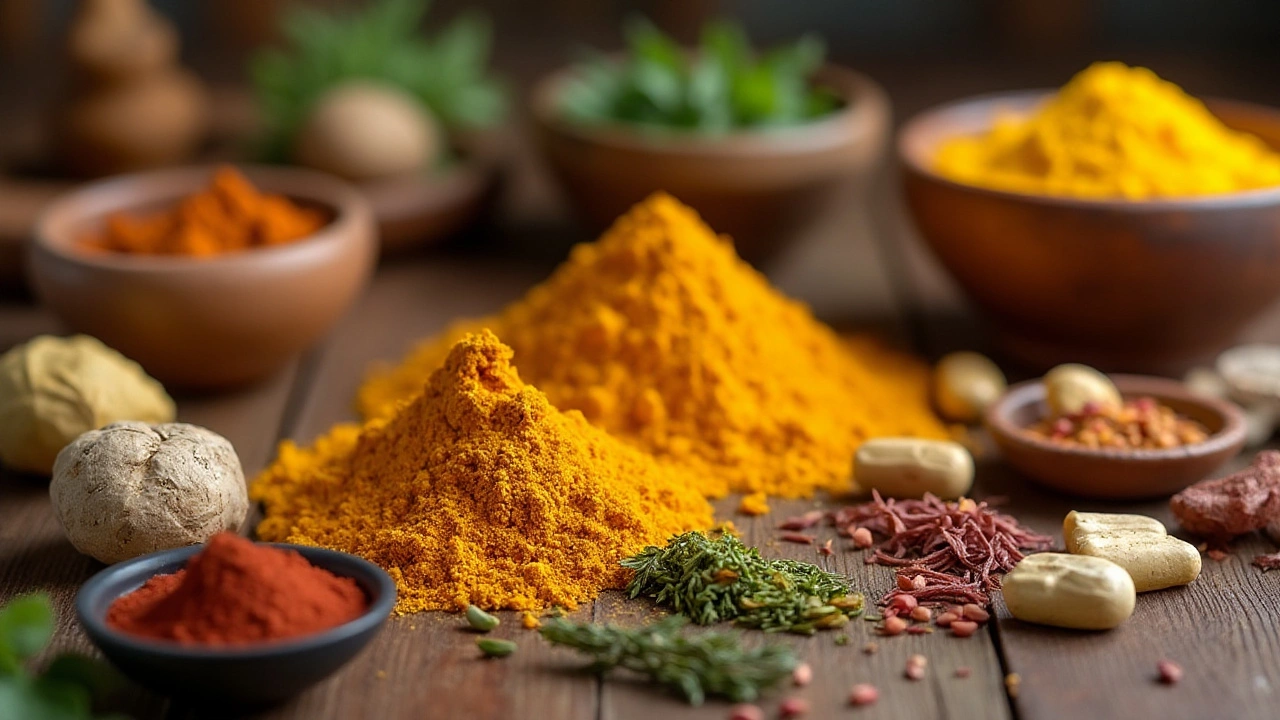Liver Damage – What Causes It and How to Support Recovery
The liver does most of the heavy lifting for our bodies: filtering toxins, storing energy, and making proteins. When it gets hurt, you may feel tired, have a swollen belly, or notice yellow skin. Knowing why the liver gets damaged and what you can do right away makes a big difference.
Common causes and warning signs
Alcohol is the first name most people think of, and for good reason – too much booze can scar liver cells and lead to cirrhosis. But sugary drinks, fatty foods, and a sedentary lifestyle also pile on fat that the liver struggles to process. Viral infections like hepatitis B and C directly attack liver cells, while some medicines (especially over‑the‑counter painkillers) can be harsh if taken often.
Early warnings are often vague. You might notice unexplained fatigue, loss of appetite, or mild abdominal discomfort. Dark urine, pale stools, and a yellow tinge to the eyes (jaundice) are stronger signals that the organ needs help. If any of these appear, a quick doctor visit and basic blood tests can confirm what’s happening.
Herbal and lifestyle tools for liver recovery
While prescription meds are crucial for serious disease, many people boost liver health with everyday changes. Cutting back on alcohol, sugary snacks, and processed foods removes the biggest stressors. Aim for a balanced plate: plenty of fresh vegetables, lean protein, and whole‑grain carbs.
Herbs have been used for centuries to support the liver. Milk thistle (silymarin) is the most studied – it helps protect liver cells and may speed up repair. Dandelion root works as a gentle diuretic, helping the liver flush out waste. Turmeric’s curcumin reduces inflammation and supports overall detox pathways. You can find these herbs as teas, capsules, or added to meals.
Hydration matters too. Drinking enough water assists the liver in moving toxins out of the bloodstream. Aim for at least eight glasses a day, and swap soda or sugary drinks for herbal teas or plain water.
Regular movement helps the liver burn excess fat. Even a brisk 30‑minute walk most days can lower liver enzyme levels. If you’re already exercising, try adding short bursts of higher intensity (like a quick jog) to keep metabolism humming.
Finally, keep an eye on medications. Talk to your doctor before using painkillers for more than a few days, and ask if any of your prescriptions could affect liver function. Some supplements, especially those with high vitamin A or iron, can overload the liver if taken in large amounts.
In short, liver damage often creeps in quietly, but you can catch it early with simple signs and protect it with smart food choices, hydration, regular activity, and a few trusted herbs. Your liver works nonstop for you – give it the break and support it needs, and it’ll keep you feeling your best.






